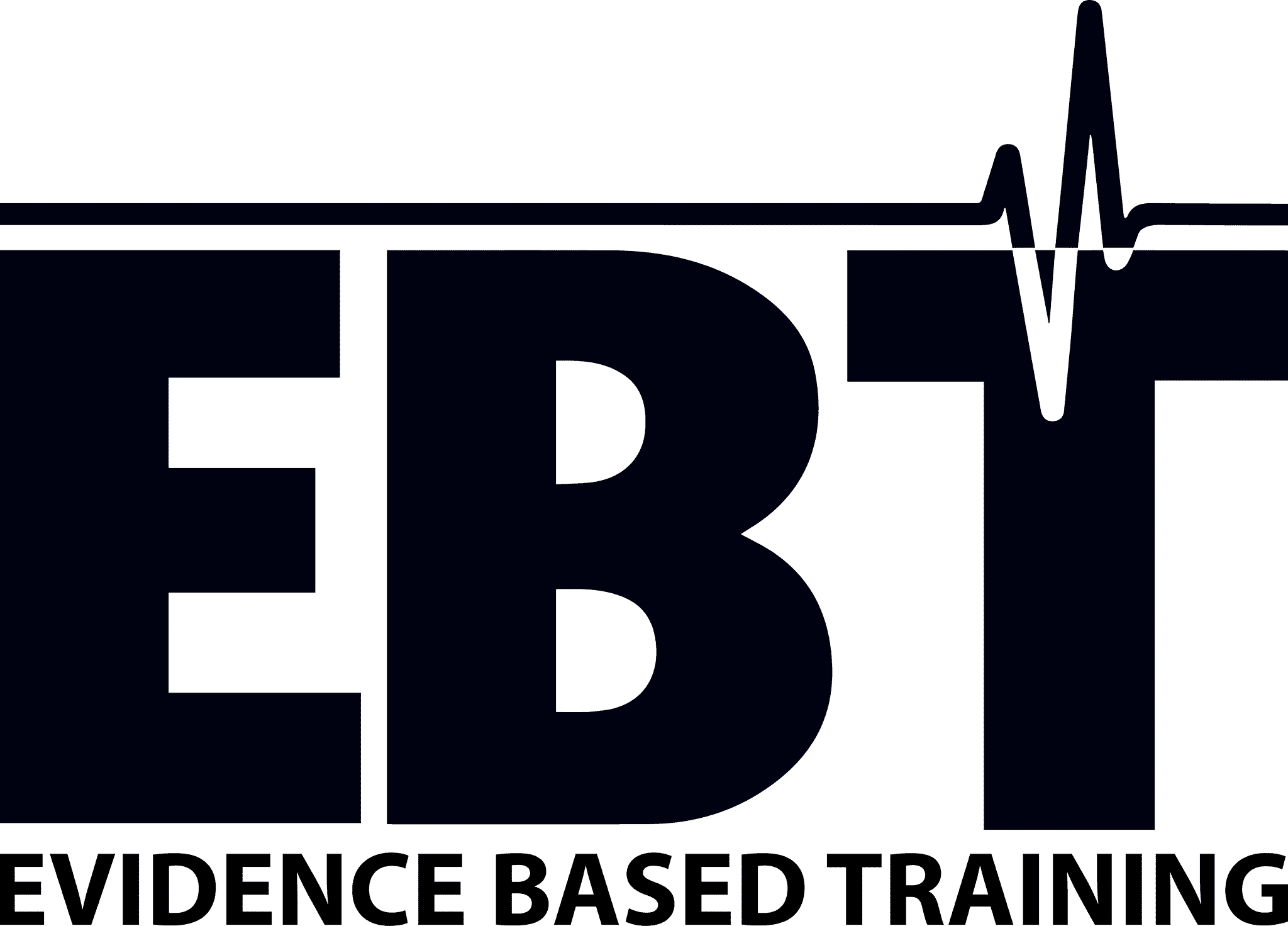Running for 1 hour may add 7 hours to your life!
We recently wrote about how physical activity reduces all- cause mortality risk in a dose dependent manner. What kind of exercise is then most effective? Those of you who read the New York Times or listen to @gudiol and co. have probably heard of the article stating that running, specifically, will increase your lifespan (1). The article has some flaws but acknowledges some interesting concepts that will be discussed here.
Firstly, the data seems to be inconclusive regarding if running is better than other vigorous activity. However, running has some obvious benefits: it is very cost and equipment effective, increases bone health, and as soon as you set off, you are in a vigorous state, every minute counts. The major drawback is risk of musculoskeletal injury with up to 70% of runners report some kind of injury each year.
The minimum recommended physical activity is 150 min of moderate- or 75 min of vigorous activity. Findings in the study suggest that even less time will have significant impact on your health, backed by data from another review (2). It is thus important to just get out there, even for just a couple of minutes at a time!
Findings
In line with previous studies they found that running (or other vigorous activity) significantly reduces the risk of chronic disease, cancer, cardiovascular disease and all- cause mortality. They estimated the relative influence on mortality and found that running was as important as hypertension and more important than overweight/ obesity and smoking as a factor to prevent premature mortality.
The study suggests that running 1 hour will get you 7 hours of extended life, thus putting some holes to the myth that you lose the same amount of time in the tracks that is added to your life. Also interesting, is that a 5-min and 25- min run was found to be equally beneficial as 15-min and 105- min walks, respectively. Running is thus more time effective than walking.
Sources:
1. Lee Duck-chul. Progress in Cardiovascular Diseases (2017)
2. Carl J. Lavie. Mayo Clin Proc. 2015 Nov;90(11):1541-52
Article by team EBT member @jonasliefke, 3rd year Medical Student, BSc Physiotherapy. www.jonasliefke.com




